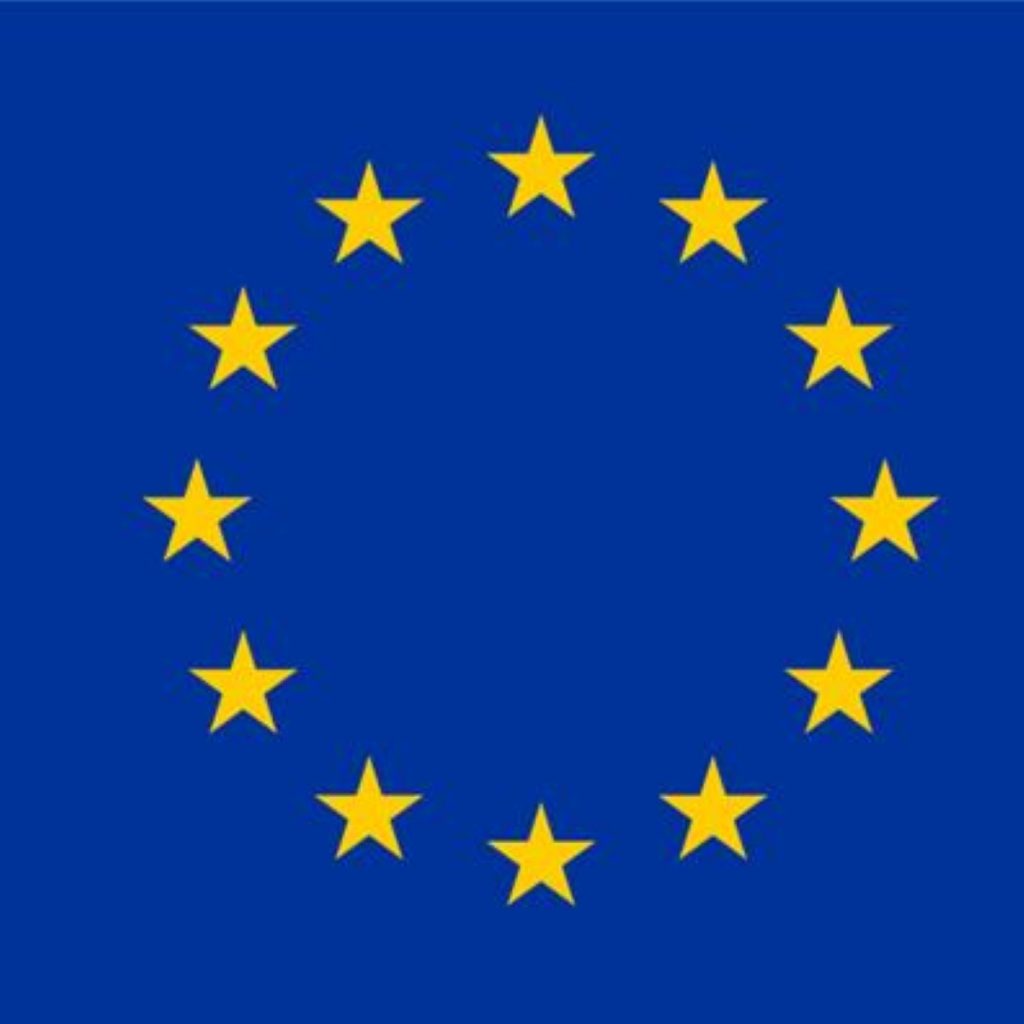MEPs: The EU won’t listen to you
By Ian Dunt
The EU does not listen to what the general public wants, according to members of its own parliament.
The shocking finding comes in a report published today by the TaxPayers’ Alliance and ComRes, which surveyed MEPs and the British public on a range of EU issues, and then compared the results.
Asked if the EU listened to the general public, only 41 per cent of MEPs could bring themselves to answer yes.
Thirty per cent said the EU did not listen to the general public, while 29 per cent answered that they neither supported nor opposed the proposition.
The results are a disastrous showing given the respondents are those charged with representing the public in the European parliament.
UK and Irish MEPs were disproportionately concerned about whether the EU listens compared to fellow MEPs from other countries.
When members of the British public were asked the question, only 26 per cent said the EU listened to the public, while 71 per cent disagreed.
A huge majority of respondents – 88 per cent said referendums should be held in member states before significantly expanding EU powers, compared to 50 per cent of MEPs.
There was also a significant level of support for member states breaking EU rules is it is in their national interest. Seventy-two per cent of the public accepted this, compared to just 23 per cent of MEPs.
Support for the EU continues to remain low in Britain, with just 48 per cent saying it is good for ordinary people, compared to 81 per cent of MEPs.
Matthew Elliott, chief executive of the TaxPayers’ Alliance, said: “These results show the stark difference in opinion between the British people and politicians in Brussels.
“Whilst many MEPs still think the EU is great for everyone, that Britain should join the Euro and that EU rules are sacrosanct, the British public are heading in the opposite direction.”
Europe goes to the polls this week in the largest trans-national elections in history. Votes will take place over a three day period, with Britain voting on Thursday.





-01.png)